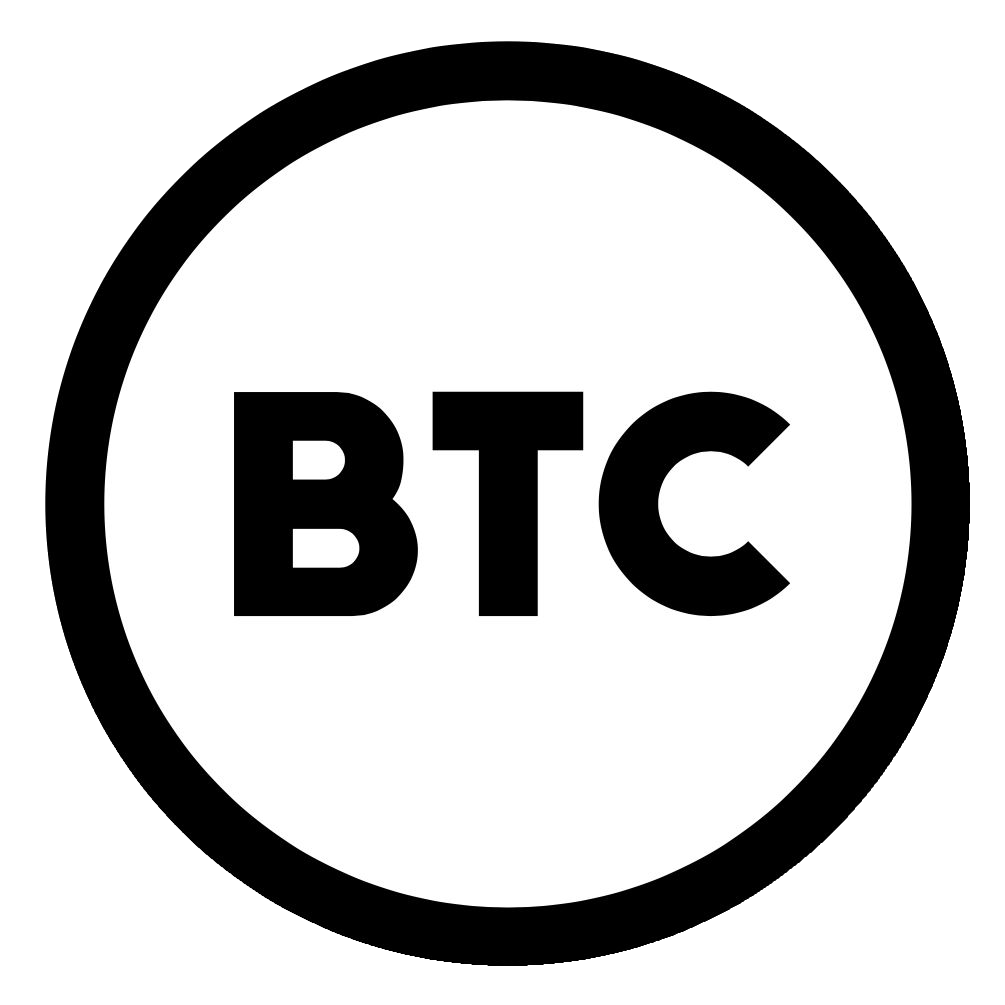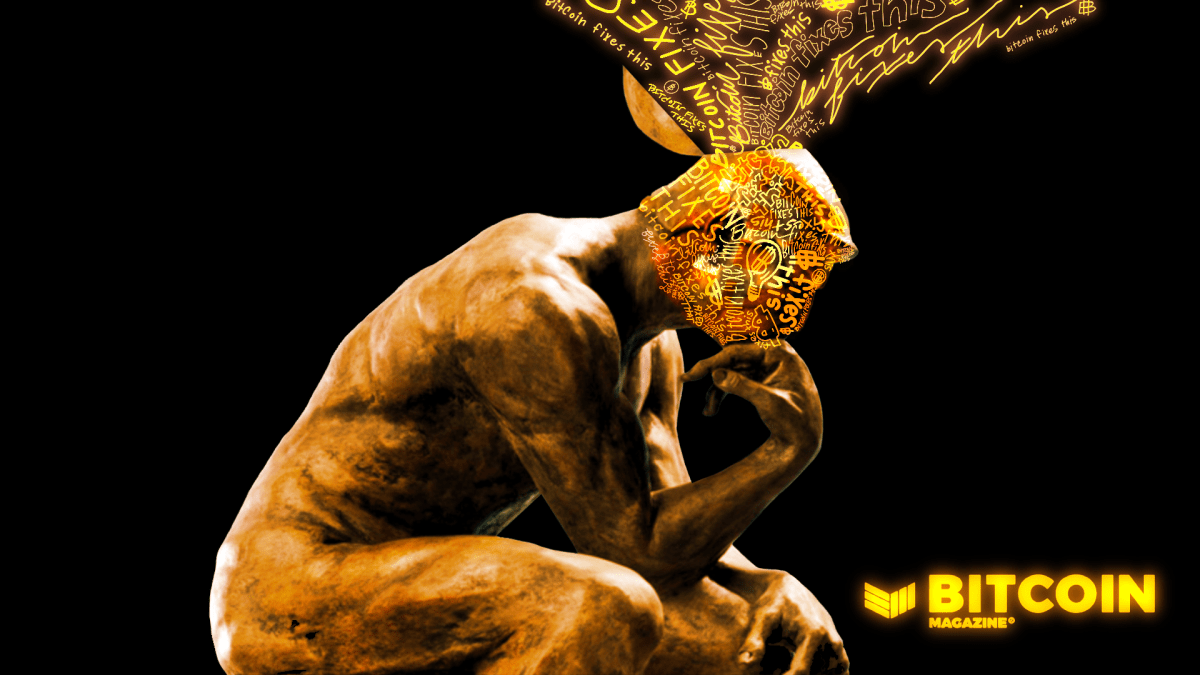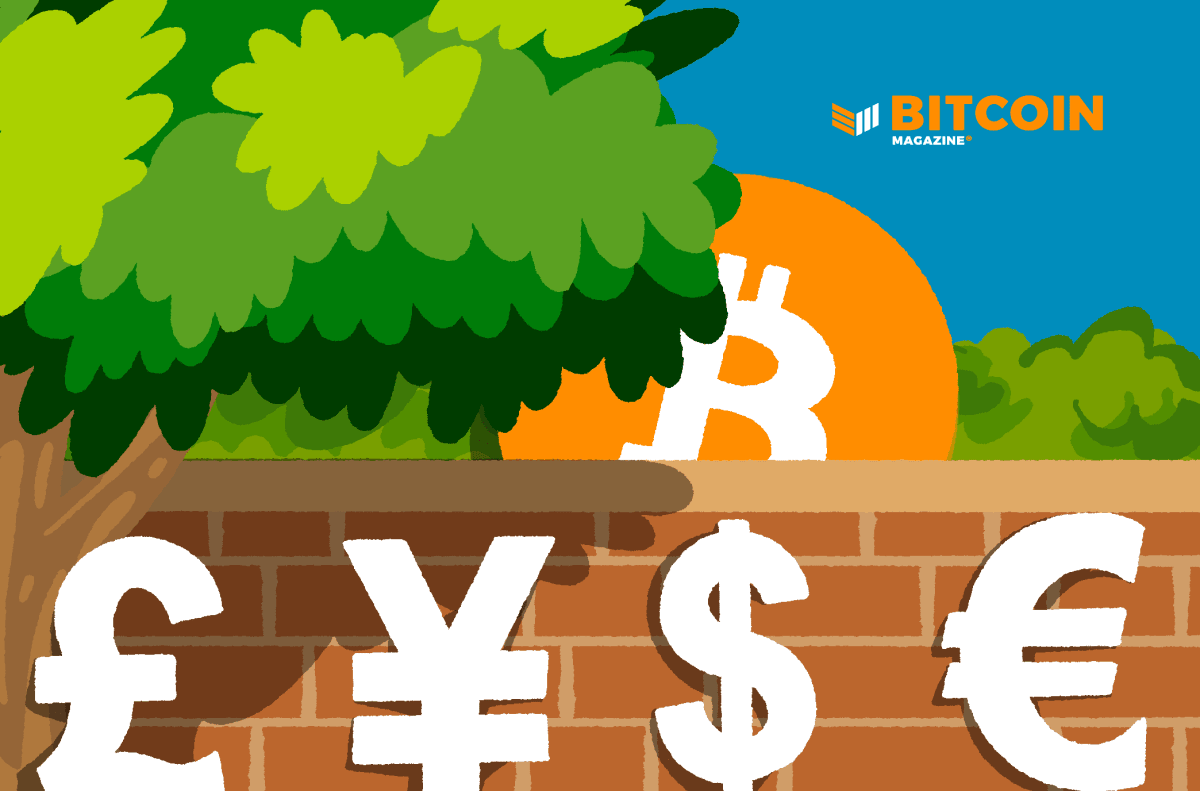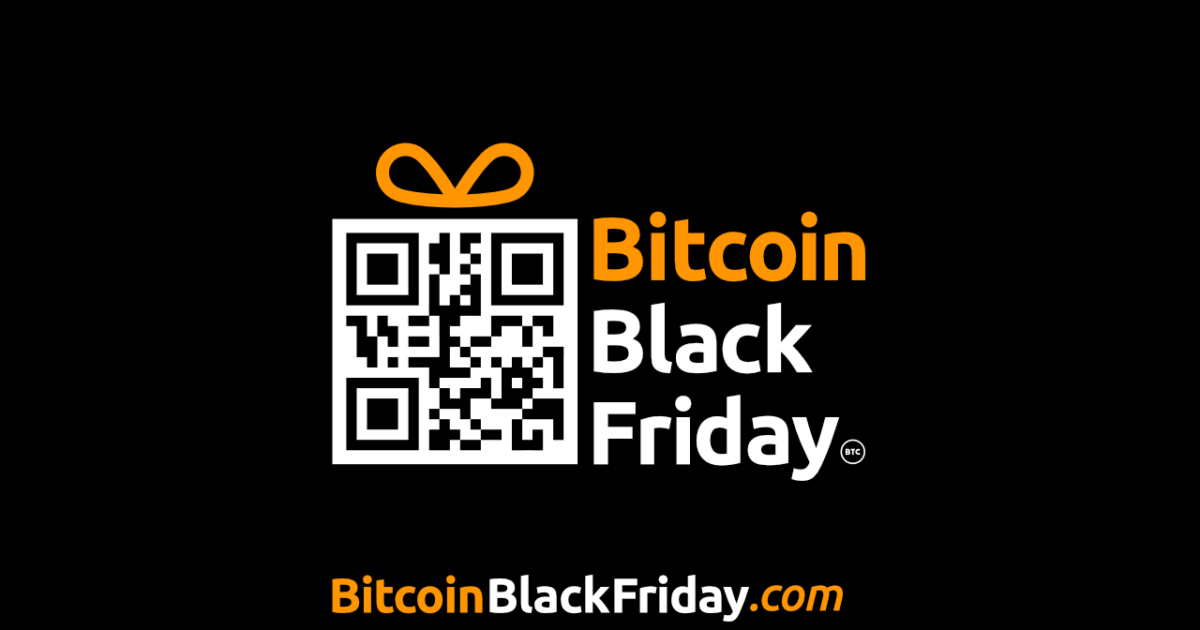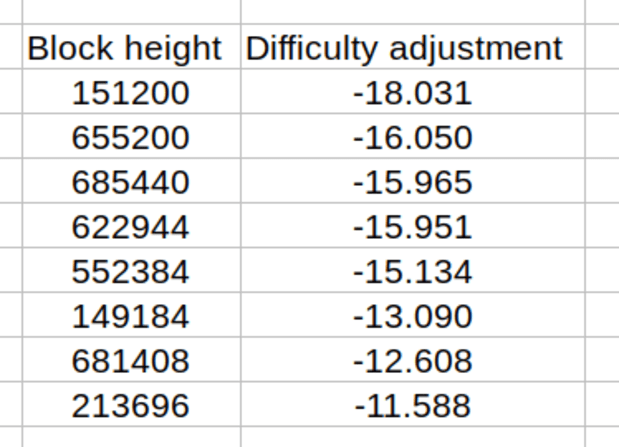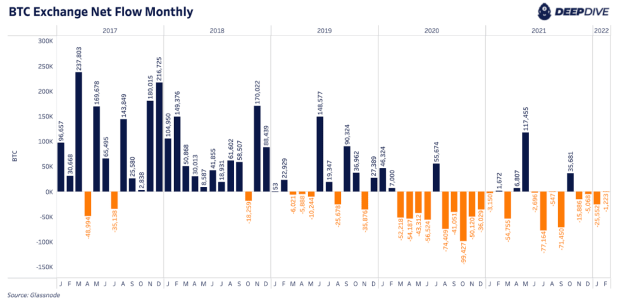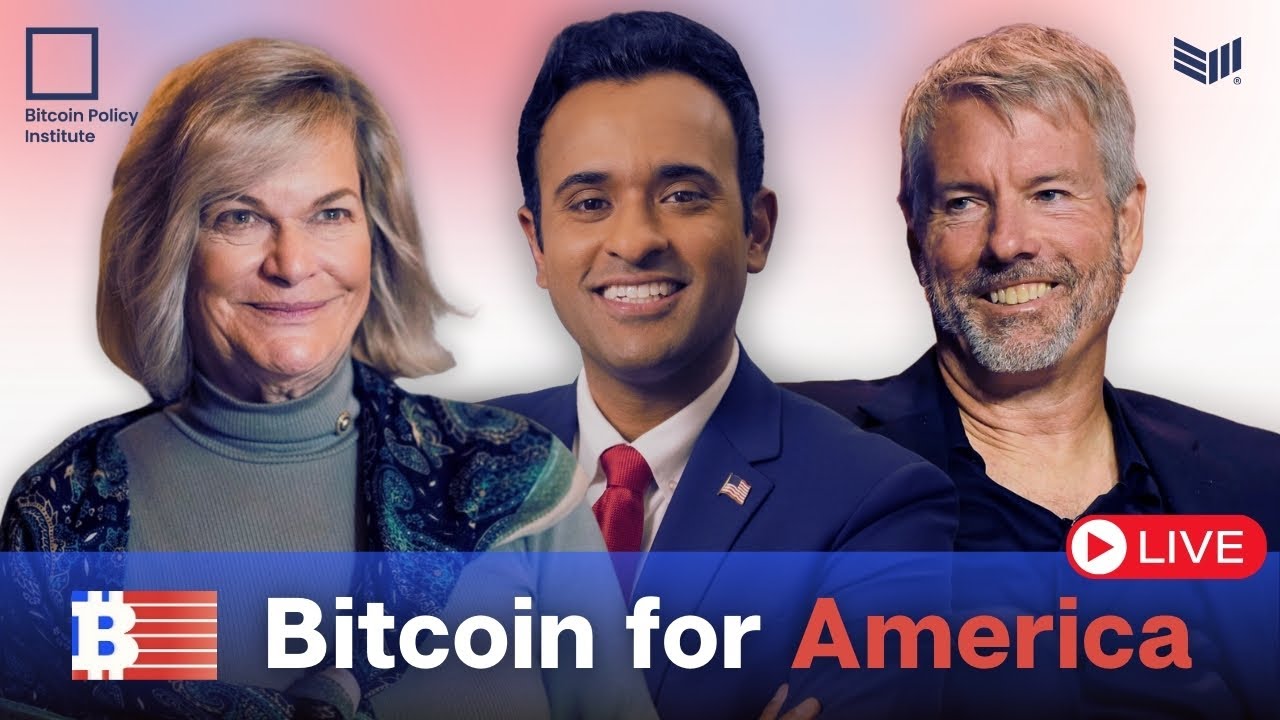Gaming To Earn Bitcoin While Bitcoining To Game Earning
Life is one game after another, and just because bitcoin is sound money doesn’t mean it is any different.
This is an opinion editorial by Tyler Parks, who has a background in biological science and spent a decade working in the restaurant industry.
Money is a topic people have come to take quite seriously. So serious in fact that grown adults wait with bated breath for news of the latest figures on consumer prices and interest rates. These have real impacts on perceptions of wealth and productivity. But what if I told you money is just a game we play, a game like any other, with a variety of rules and objectives. Money is a symbolic thing we use in order to achieve things of value and significance in the world and hence not an end in itself. A financial system is like a game board with pieces, obstacles and paths to success. The questions are: Are you aware of the kinds of money games you play on a regular basis? Did you voluntarily join or were you born into a game whose rules were never explained and with a hand you didn’t choose?
People experience stress when their concept of money is threatened. Prices of goods go up, asset prices fall, some people go bust and others get lucky. Too often we create our own anxiety because we haven’t yet evolved our view of the exact role and meaning of money. It’s not surprising we would get frustrated when we don’t even know the rules of the game. We are further limited by viewing money in terms of dollars and cents rather than a fluid reservoir of potential energy. Much of the worry evaporates when we adopt a less rigid view of money and get clear on the type of money games we want to be a part of. To get there, I want to discuss some clear examples of the association of games and money along with more figurative ways we can apply the spirit of games to our work, lifestyle, and personal philosophy.
But first a disclaimer: When it comes to money, it’s easy to equate gaming with gambling, and although that’s a view you can hold, it’s not what I would hope you take away from this article. So, it’s worth clarifying: To chalk up all of finance to a game is not a reason to be cynical. On the contrary, it’s a call for us to take an active role in our education as a participant of the economy in order to take our skills to the next level. We’ve seen what happens when making money is viewed in the most trivial sense, that is we allow it to take the place of adding value and creating relationships. Money as an end in itself breeds political corruption, the attention economy, and meme stocks. During the Gamestop moment of 2021, traders learned the hard way whose rules they were playing by when the attempt to expose market shenanigans uncovered a far more damning underbelly of the fiat machine.
Let’s Play

People are drawn to bitcoin because it’s a game where network consensus depends on clear, unambiguous rules. The incentive is such that doing good by yourself is to do good by everyone. As such it’s easy to want to share a love of bitcoin with everyone you know. A typical bitcoin transaction may be zero-sum in terms of net value, but the synergy of peer-to-peer networks yields exponential gains to society.
Gaming on mobile, PC and consoles is a vast market and is growing every day making it one of the major frontiers of bitcoin adoption. The play-to-earn concept is just the beginning of the match made in heaven that is bitcoin and games. Earning sats for playing a game is an opportunity to become a better player while getting familiar with the technology, and it also helps developers incentivize players to explore new titles. THNDR Games is spearheading play-to-earn with Lightning-powered mobile games.
Because bitcoin is internet native, it’s not limited in utility to one game but portable across platforms. Many other in-game collectibles either aren’t transferrable or have a short shelf-life in the digital world. Whether you’re switching games or logging off, your bitcoin balance can easily follow you. Say you’re ready to cash out after a gaming session and decide to use your bitcoin earnings to buy tacos down the street. That’s my idea of augmented reality.
Gamers will already be familiar with streaming paid content to fans, and until recently this was accomplished through traditional banking and credit. Bitcoin reduces overhead at the point-of-sale putting more sats in the pockets of players. Streaming more generally is taking over the way content is made and consumed, and bitcoin has transformed the landscape by enabling real time micropayments. Creators benefit from this high-precision feedback which allows them to better serve their audience.
The culture and ethos of bitcoin has reignited a passion in users to conduct more of their activities on a peer-to-peer basis that extends not only to value exchange but to messaging, file sharing and all manners of computation. The internet was originally conceived with these features in mind, but along the way the tech got better while users got comfortable relying on third parties.
It might seem silly to send a text message to a friend over the Lightning network, but it’s possible and incredibly useful, and the beauty is that with the right privacy practices, there is no one snooping in the middle. If you think about it, there’s no reason we can’t stream video calls peer-to-peer as well. We simply take for granted the fact that much of our communication flows through centralized servers. Sure, there is a time and place for using the cloud, but I would venture to say our ability to preserve the peer-to-peer internet could mean the difference between free speech and censorship on a global scale. This is the essence of the game occurring on the frontline of the war of information. To help combat censorship, Impervious browser was designed to prioritize the core values of unfettered communication.
The fight for privacy is a game between the actions of individuals and the means of bulk data collection. In the past there may have been a reasonable expectation of privacy, and surveillance was the exception, but now the reverse is true; only that which can be concealed from prying eyes has a chance at being kept private. Although surveillance has made privacy nearly impossible in some respects, I wouldn’t give up hope on financial privacy with respect to bitcoin. Programmable money can be layered with new functionality; whether it’s used for freedom or tyranny is a choice we must seriously consider.
Stacking Skills
When you measure all of your possessions in terms of how much bitcoin you could own instead, it helps put your values into perspective. I don’t think this is an extremist attitude but merely a useful thought exercise that helps you decide whether it’s really worth buying new crap instead of saving. This is because saving bitcoin represents the opportunity cost of every other decision to spend money. National currencies have the opposite effect that I argue is to our detriment. Because we have an expectation of currency inflation, the incentive is to spend more today at the expense of tomorrow.
Something very interesting begins to unfold in your life when you internalize the nature of bitcoin as a deflationary force, and that is, you start prioritizing the future, which has a remarkable effect on present behavior. You don’t have to be naturally frugal in order to see the benefits of delaying gratification which can be both financial and psychological. Where the culture of instant gratification becomes a dopamine trap and hedonic spiral, saving for the future allows you to unwind and realign with the important things in life. This practice becomes a game in itself to gradually remove the excess from your life and connect with a deeper sense of fulfillment. Saving in bitcoin is a perfect way to start gamifying your budget. Merchants will frequently offer discounts for paying in bitcoin, and if you feel anxiety over breaking up with your credit card, you can even earn sats back on purchases with the right card providers. You might also discover ways to gamify your work — for instance, by earning bitcoin for completing microtasks from anywhere in the world.

Bitcoin mining at home is a natural consequence of the intersection between slashing living expenses and stacking sats. Those that venture into mining benefit from earning bitcoin directly from the network without having to sign up with an exchange, and recycling the vented heat of miners can help heat a living space, hot tub or greenhouse.
Embracing a Bitcoiner’s lifestyle and values inspires one to decentralize and self-host more of their personal data, but don’t be intimidated by believing it has to be all or nothing. Personal sovereignty exists on a sliding scale. The point is to exercise more autonomy in the areas that matter to you and understand the trade-offs of delegating control elsewhere. You can gamify your own bitcoin learning curve to increase your competence through testing and experimenting. As more work is being done online, we see an increase of nomads looking to optimize their physical and geographic surroundings. With your savings safe on a global ledger, you won’t need much else with you to hop between jurisdictions.
There’s no reason not to put a piece of your life or business on bitcoin rails regardless of your level of enthusiasm for blockchains, smart contracts and all the other buzzwords. There are convenient hand-holding solutions that will get you quickly accepting bitcoin payments followed by a range of open-source technologies with which you can build a more self-sovereign technology stack that includes self-hosting a Bitcoin node and point-of-sale. By using bitcoin for commerce, you may find it’s less scary than imagined and more a huge improvement in user experience mainly by cutting out a lot of red tape. Anyone with a smartphone can shop at a farmers market in El Salvador, for example, and the merchant can lock in a dollar value on the spot if they choose rather than speculate on bitcoin’s price in their business, plus both parties enjoy instant settlement and no fraud risk.
End Game

Since day one, bitcoin adoption has been a story of game theory. Why a bitcoin should have a price at all is testament to our inclination to behave in a game strategic manner. What made 10,000 bitcoin a fair price for two pizzas in 2010? The logical explanation is that bitcoin had graduated from a mere meme by bootstrapping a system of trust internally. The reason people developed faith in the world’s preeminent cryptocurrency is not just the fixed supply of 21 million but that your ownership in the network is secure and faithfully resilient. Critics point to bitcoin as simply a bet that a greater fool will buy you out, but this misses the point that we harp on beyond price — that of censorship resistance, which is something legacy systems have been unable to deliver or replicate. People that realize the value and utility of bitcoin are therefore not to be regarded as fools but as evidence of our collective wisdom and humanity.
Nations don’t necessarily need to decree bitcoin as legal tender, because the people will speak for themselves, prompting governments to play catch up. Some say the end game is to begin pricing the energy trade in bitcoin, because in the midst of currency disruption, nothing stops bitcoin from emerging as a neutral reserve asset. To accommodate international trade though, the network needs to grow in value to many times what it is today. The race for adoption accelerates when neighboring countries see the real wealth accrued by competitors, especially that which lies outside the walls of financial imperialists. Bitcoin is on a trajectory of its own and has no obligation to bend to the demands of despots. However, Bitcoiners are happy to build bridges technically and socially with those who are friendly to adoption and thus share a common vision.
What makes a game fair and pleasant is the existence of clearly defined rules. Games like chess or poker persist through the centuries because the rules don’t change. That reliability doesn’t take away from the richness of outcomes and possibilities; rather it enables such richness. The game of capitalism is what happens when people are left to their own devices where the rules derive from the physical constraints of nature and the basic assumption that people will hunt and gather resources to survive. Man’s attempt to intervene in markets and impose rule by decree is to effectively rewrite the rules that favor the rich, and this doesn’t inspire confidence in others to continue playing the game.
Money itself is boring when it does what it is supposed to, i.e., facilitate trade among economic participants. It’s not something you invest in nor do you attempt to diversify your money by holding incrementally inferior tokens. I don’t store wealth in alternative cryptocurrency assets for the same reason I don’t store wealth in airline miles. There can be a token for anything just like there are loyalty points for coffee shops and department stores. But there is only one best money, because the best money is a magnet to the world’s liquidity.
To some, gamifying money means high-stakes gambling and the compulsion to metaphorically dance while the music’s playing, but I encourage you to go beyond the temptation to speculate on tokens, farm for black magic yield or seek safety in bank liabilities. Instead focus on the creative ways you can humbly stack sats and in so doing achieve greater amounts of freedom and more meaningful and impactful relationships.
I am reflecting on the words of Donald Hoffman who gave a poignant reminder that none of our possessions and desires can we take with us when we inevitably shuffle off. Therefore to internalize the fact of our mortality is to realize that all we can ever do is play games of all sorts socially and intellectually. It’s better that we occupy the driver’s seat of our cognitive machinery as opposed to someone else, and there is always someone else who wants to tell you what to see within your own “V.R. goggles.” But only you can experience what life is like in your head and heart. It’s high time we listen to what’s on the inside.
This is a guest post by Tyler Parks. Opinions expressed are entirely their own and do not necessarily reflect those of BTC, Inc. or Bitcoin Magazine.

